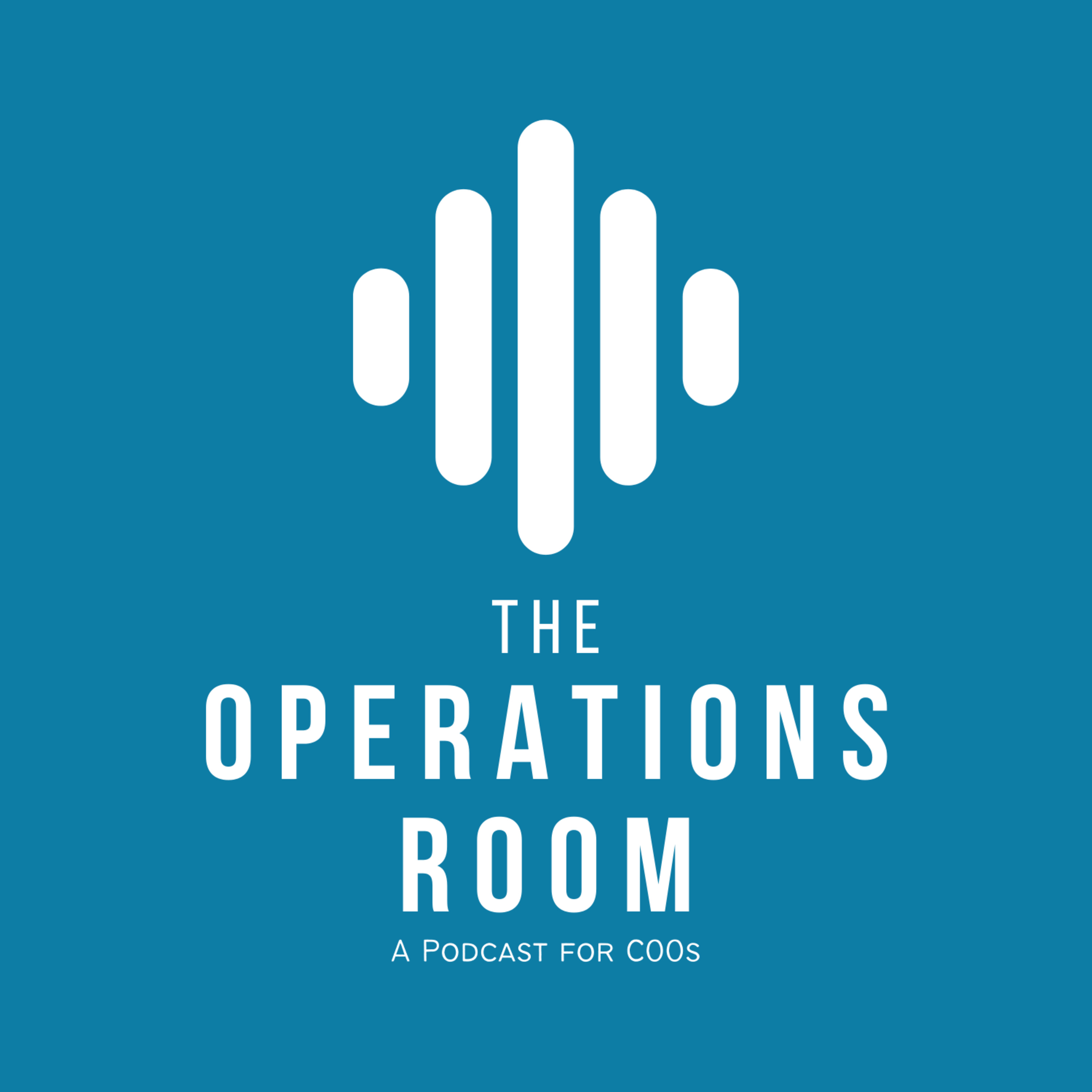33. How do you scale from 100 employees to IPO?
Description
In this episode we discuss: How do you scale from 100 employees to IPO? We are joined by Mark Logan, ex-COO of Skyscanner and currently Chief Entrepreneurial Advisor to the Scottish Government
We chat about the following with Mark:
What are the foundations of scale? How do you prevent command and control from creeping in? What goes wrong with organisational alignment over time? Why doesn’t OKR cascading work? What are the three golden processes of an organisation?Why do things break when you scale? What do you need to look out for? What are the three golden processes of an organisation?How do you get the innovation process to work? When does it make sense to go cross-functional across the organisation? What is expected from a C-level role?
Biography:
I have over 25 years' experience in highly successful startups and 1st-tier internet tech companies. I have been instrumental in the success of multiple award-winning start-ups, including Skyscanner, one of Europe's most successful tech companies, where I joined in 2012 to take on the general management of the business, culminating in a £1.5billion acquisition in 2016.
My experience spans consumer internet economy startups, executive management, organisational development, change management, strategy development, contract negotiation and delivery, software development, growth science, sales and marketing , HR, large scale programme delivery and operations management, including lean agile techniques.
Currently mainly focused on helping to nurture the start-up community in Scotland and the UK as an investor, non-executive director and advisor.
Summary:
Scaling a business from 100 employees to IPO with ex-Skyscanner CEO Mark Logan. 0:06Bethany: Investing in individual competence is essential for setting up employees for success within their roles.Brandon M: Mark Logan prioritized this by focusing on developing the skills of each employee at Skyscanner.Bethany highlights the importance of career development and line management effectiveness in retaining staff, rather than allocating budget to wellness programmes.Bethany suggests that companies need to carve out time and give permission for employees to think and learn at work, and celebrate their efforts to create a learning environment.Brandon M. shared his experience with OKRs, highlighting the importance of practical application and alignment with business strategy.Bethany agreed, emphasizing the need to balance structure with flexibility and contextual understanding, citing Nike as an example of a company that executes OKRs effectively.Resource allocation and technology adoption in business. 8:17Bethany highlights the challenge of resource allocation in product development, particularly when it comes to balancing the need for new technologies with the reality of limited resources.Bethany emphasizes the importance of having a clear understanding of how new technology will improve processes and outcomes before investing in it.Scaling organizations and maintaining agency. 11:03Bethany: Friend's security company has accidentally implemented decentralized decision-making, leading to no bottlenecks as they scale.Mark Logan: Foundation of scale is agency, as company grows, founders'...
More Episodes
In this episode, we discuss performance management and getting the most from your teams. We are joined by Jessica Zwaan, Author of the best-selling book, Built for People, and COO of Talentful.
We chat about:
Can traditional performance reviews truly capture an employee's value?Are OKRs just a...
Published 05/23/24
Published 05/23/24
In this episode, we discuss usage-based pricing, seat pricing, maximising margin and customer expansion. We are joined by Mark Stiving, Founder of Impact Pricing.
We chat about:
What exactly is usage-based pricing?How do we correlate pricing metrics with how customers are using the product?What...
Published 05/16/24


